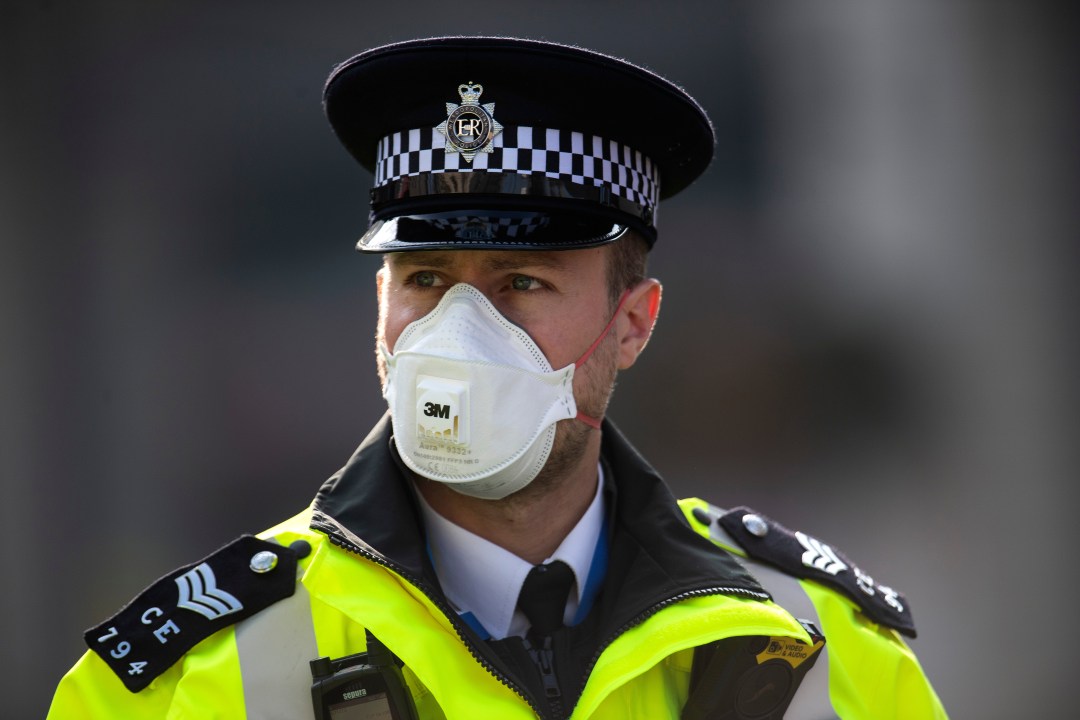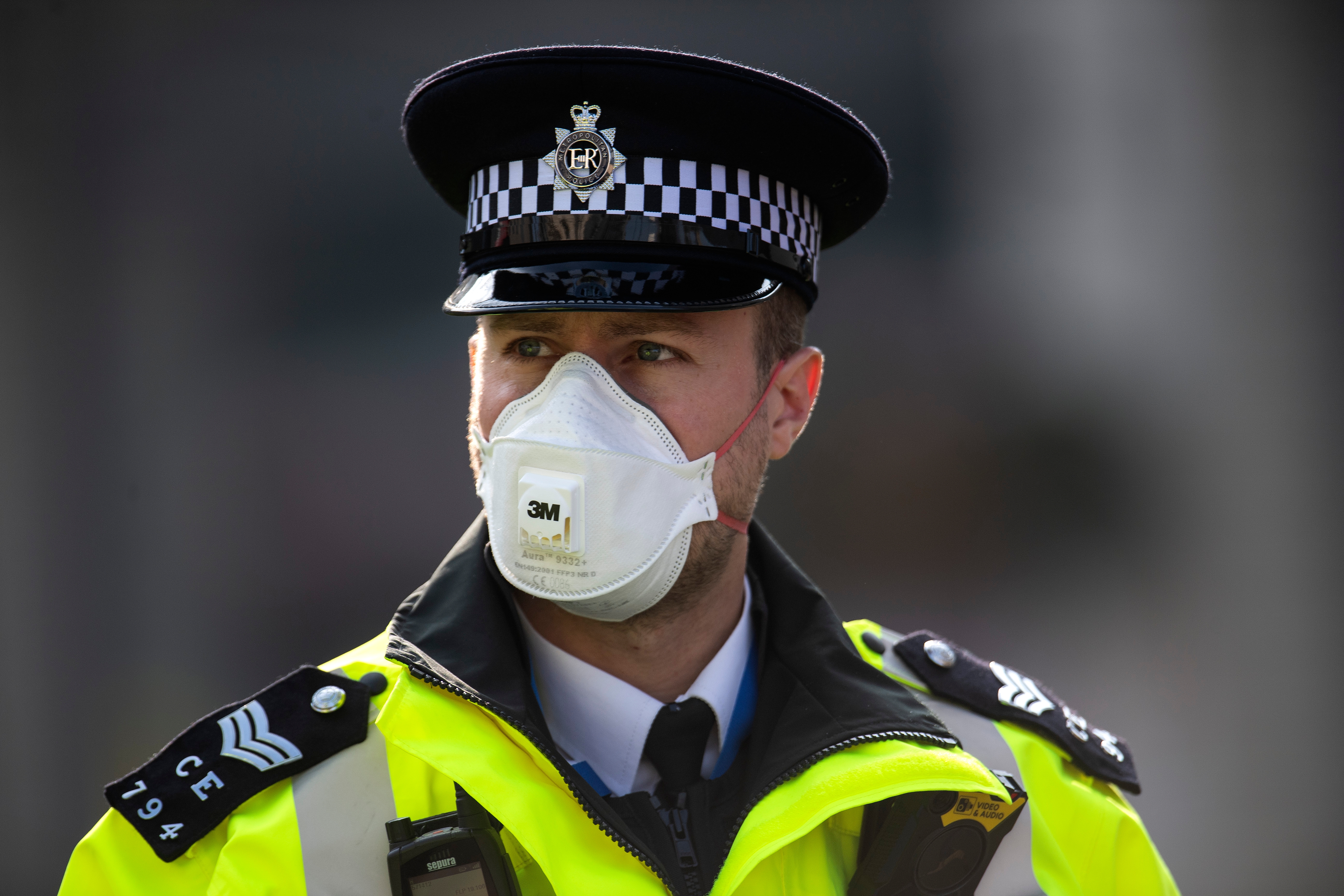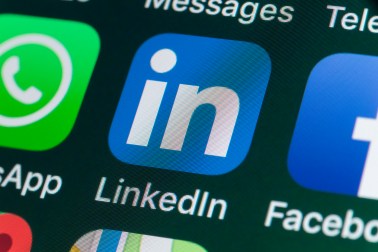Usually, if a government is reported to be working on a new policy reliant on sweeping new – largely untested – surveillance technology, we’re in the world of sci-fi or dystopias. At a minimum, we would expect the rollout of state surveillance to be the central issue at play, the focus of debate and objections, at the heart of a major national conversation.
It says a lot, then, that even for many of us concerned about civil liberties, that when it comes to so-called ‘immunity passports’ these concerns – though serious – are largely secondary. That’s how significant an issue such a document could become.
The moment that possession of a document saying a person has had Covid-19, or has gained immunity to it in some other way, grants its owner some form of significant freedom that others are denied, the world changes.
Whether that’s a broader right to work, an ability to leave their home or even – dare to dream – the right to visit a pub, whether you’re certified or not immediately becomes a dividing line in the UK that for a time will burn as vividly as class, race, or gender does now.
The moment such a divide is created, people will look for creative ways to exploit it
The moment such a divide is created, people will look for creative ways to exploit it: people will seek to fake such documents, or else sell either bogus or real ways to gain immunity or to fool a test – we would quickly witness the birth of black or grey markets for plasma, for example.
It is a foundational belief for those who believe in markets – and economics itself – that people respond...

Get Britain's best politics newsletters
Register to get The Spectator's insight and opinion straight to your inbox. You can then read two free articles each week.
Already a subscriber? Log in








Comments
Join the debate for just £1 a month
Be part of the conversation with other Spectator readers by getting your first three months for £3.
UNLOCK ACCESS Just £1 a monthAlready a subscriber? Log in